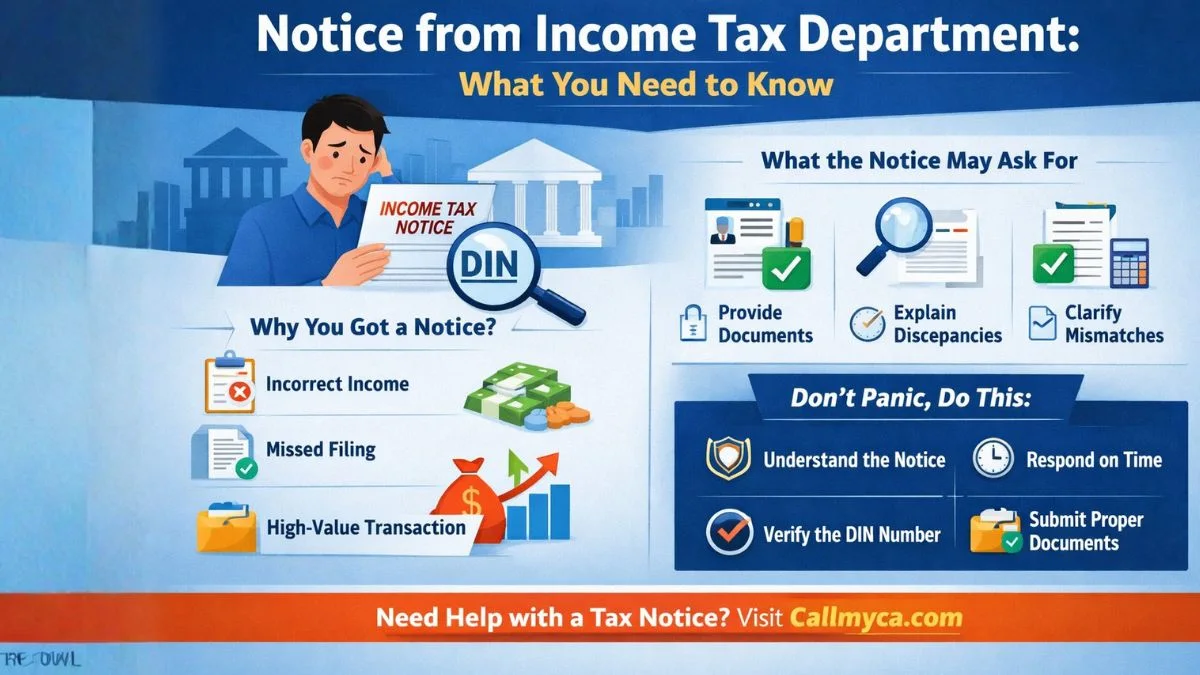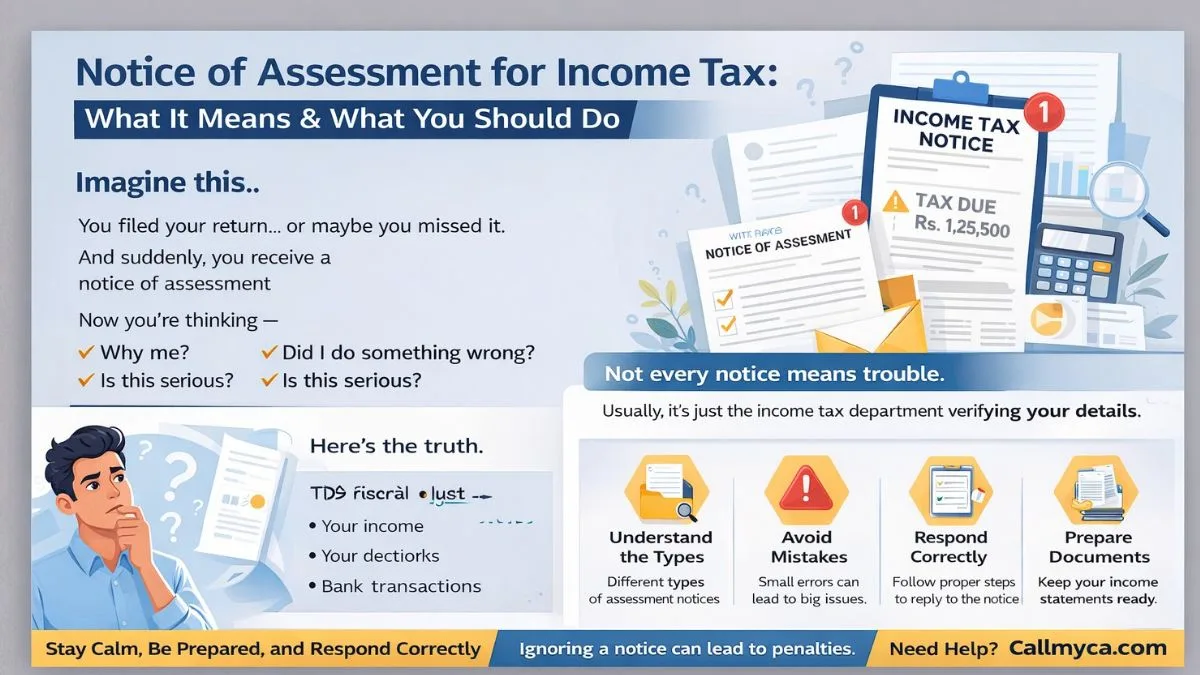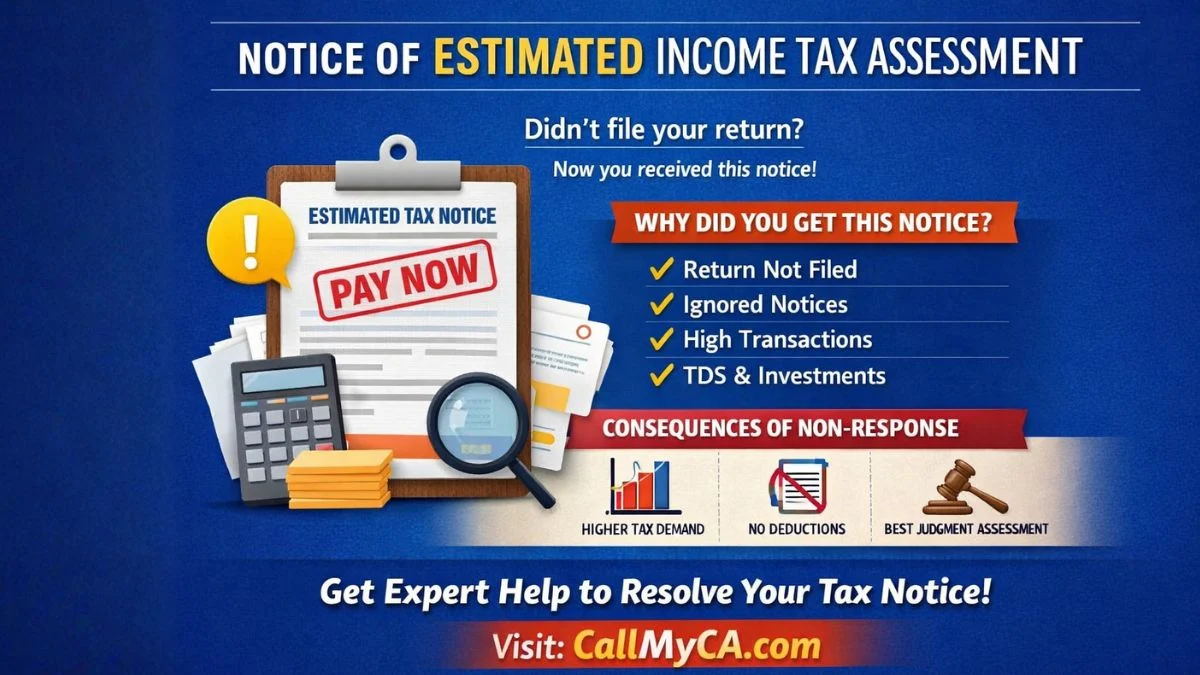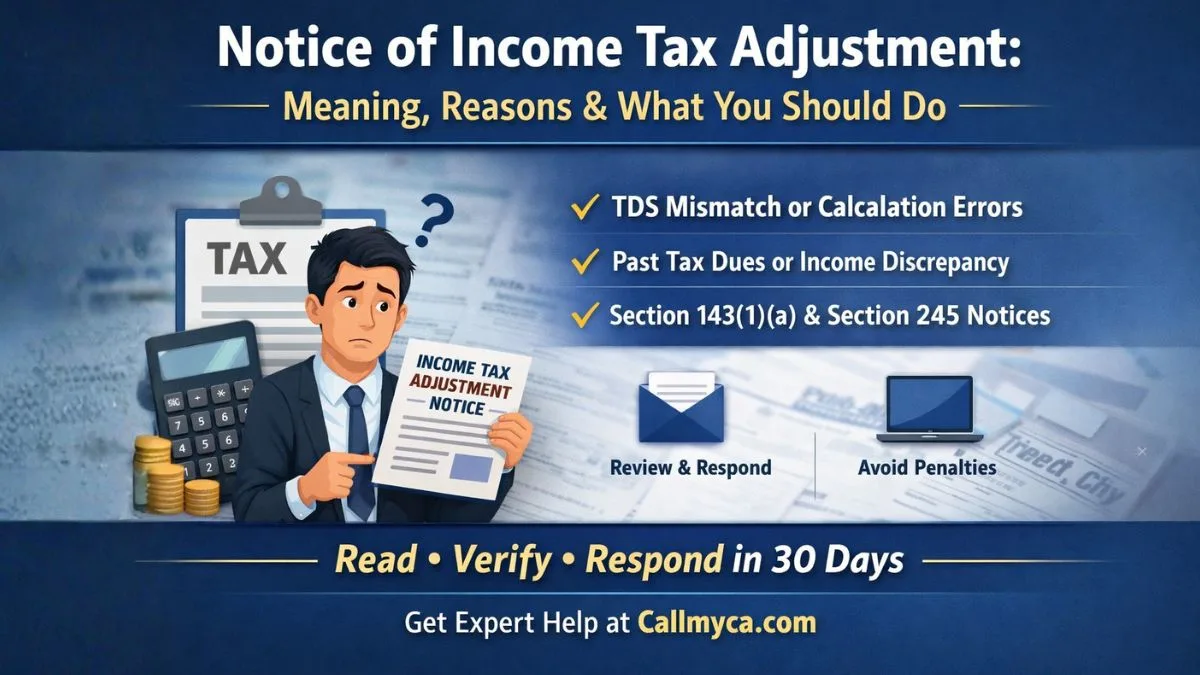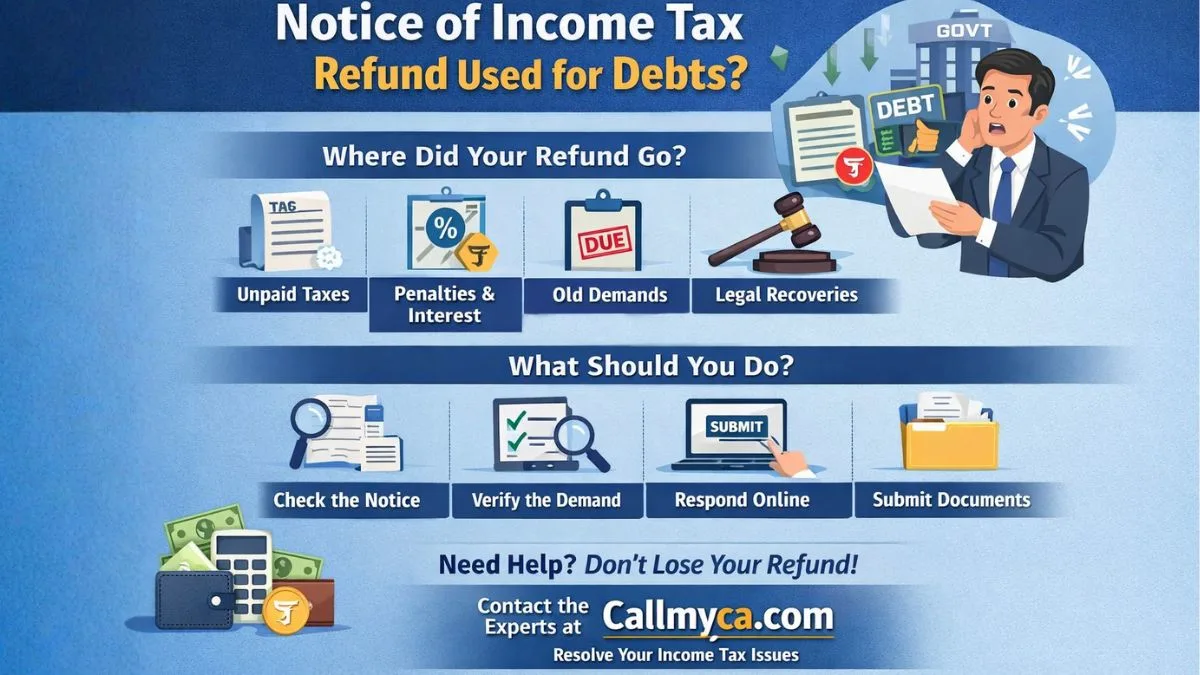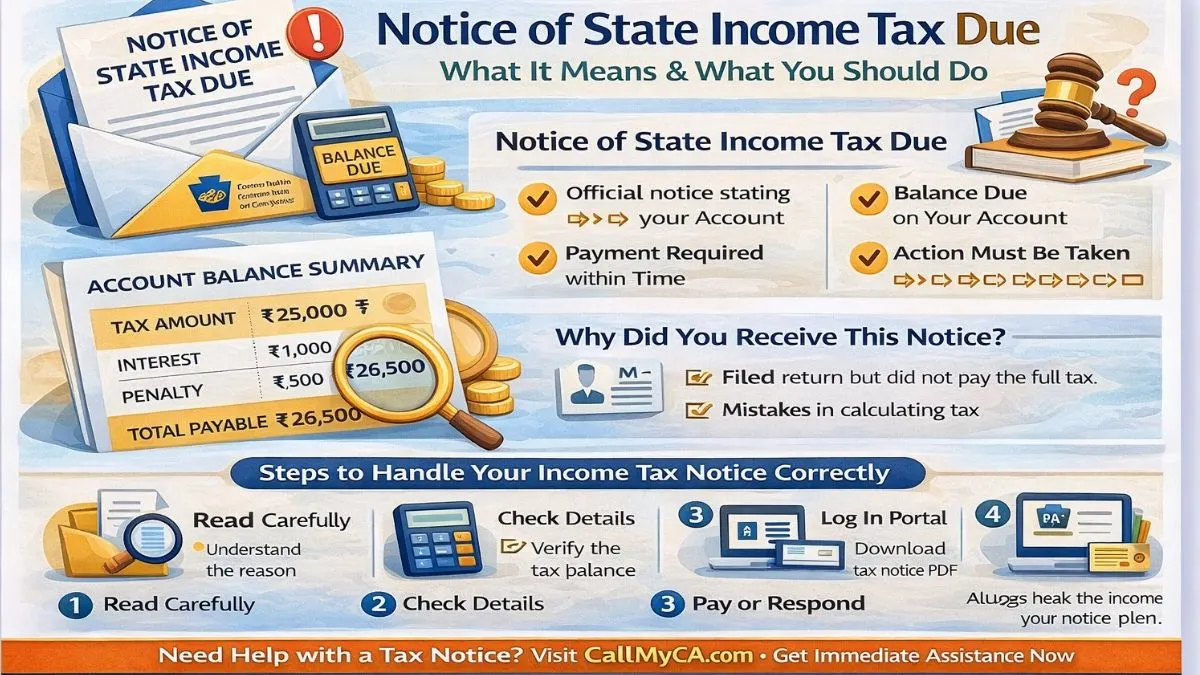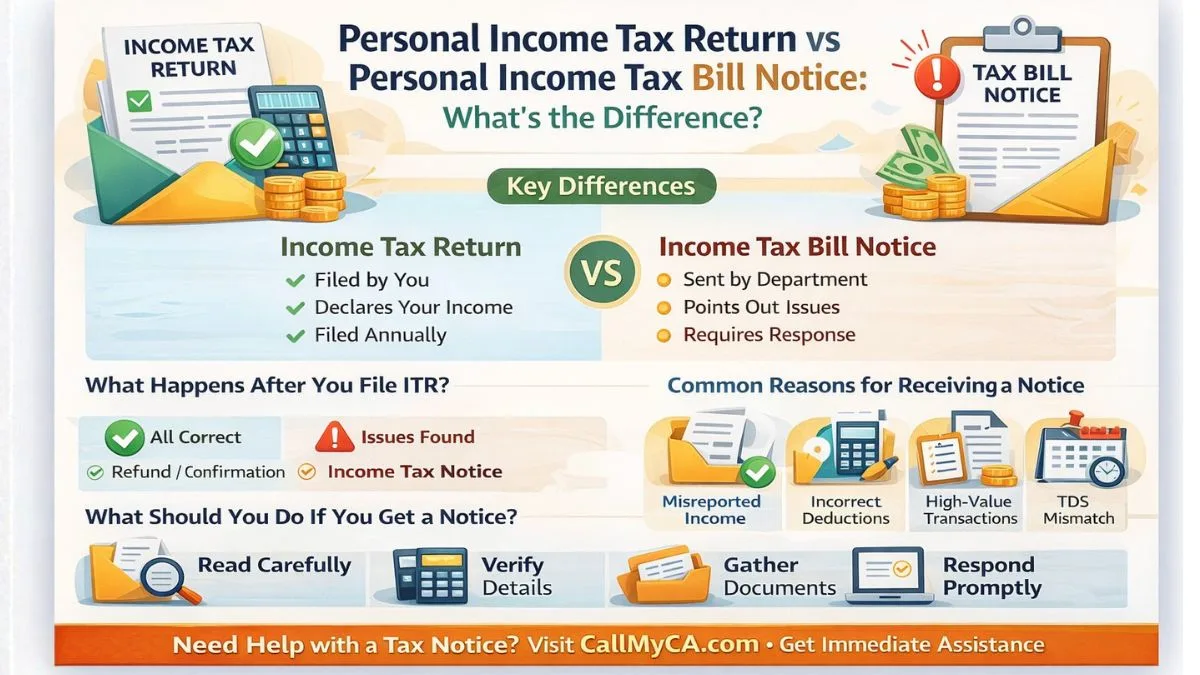
Some tax sections feel like a mystery box until you decode them. Section 10(23FBA) is one of those. The moment you hear "investment fund", most people imagine hedge funds, private equity, high-net-worth circles, & financial jargon. But behind the technical language lies a very simple idea: prevent the same income from being taxed twice. In India’s tax system, Alternative Investment Funds (AIFs) play a big role in startups, real estate funds, venture capital, and private equity. To support this ecosystem, the law needs to be fair. And that’s where Section 10(23FBA) quietly steps in.
What Section 10(23FBA) Really Says
Section 10(23FBA) provides that any income received by a unit holder from an investment fund (other than business income) shall not be taxed in the hands of the fund. Instead, that income flows through to investors, and they pay tax based on their own slab or applicable rate. In Short, Profit earned by the fund from investments (not business operations) is tax-exempt at fund level. Only the investor pays tax.
This ensures pass-through taxation, which is a fancy way of saying income passes through the fund without getting taxed twice.
Why This Section Exists
Imagine a situation where a fund invests in shares, earns gains, pays taxes, and then distributes the money to investors, & investors again pay tax. That would be double taxation."
Tax fairness matters. Investors need confidence. Startup ecosystem needs fuel. India wants to attract capital. So the government carved out provisions like 10(23FBA) to encourage investment inflows.
Also Read: The Golden Rule — Why Selling SGBs Doesn’t Trigger Capital Gains Tax
Who Benefits?
This applies to Category I and Category II AIFs, such as:
- Venture Capital Funds
- SME Funds
- Social Venture Funds
- Infrastructure Funds
- Private Equity Funds
- Debt Funds
Category III AIFs (like hedge funds) don’t get this benefit.
Why?
Because they engage more in trading/market operations rather than long-term capital creation, and the tax framework treats them differently.
Business Income vs Non-Business Income
Now here’s a nuance many miss.
Section 10(23FBA) exempts only non-business income. So if the fund earns business income, that income is taxable at the fund level.
Non-business income typically includes:
- Capital gains
- Interest income from investments
- Dividend income
- Rental income from investment properties
Business income?
Say an AIF starts operating like a typical business instead of just investing — then tax rules shift.
How It Connects With Other Tax Rules
Tax laws don't live alone. They’re interlinked.
For example, investors receiving income from AIFs need to understand their tax slabs & declaration obligations, similar to how individuals use section 15H of income tax act to declare non-deduction of TDS in certain cases, or how the sukanya samriddhi yojana income tax section provides clarity on exemption for Sukanya Samriddhi deposits.
You’ll also see similar exemption logic in:
- section 86 of income tax act (share of income from AOPs)"
- section 10(46a) of income tax act (exemptions for specific bodies/authorities)
Tax law is layered. Each definition builds on a foundation, especially things like person definition in income tax section, because exemptions apply differently based on who is earning — individual, company, trust, fund, AOP, or LLP.
Why It Matters For Investors
India is moving towards sophisticated wealth & startup funding. Earlier, people only thought of FDs, PPF, mutual funds. Today:
- Angel investments
- Startup equity
- PE funds
- AIF participation
are becoming part of long-term wealth planning.
Sections like 10(23FBA) give comfort that the tax system supports this modern investing landscape. And yes, it also aligns India with global tax structures where funds operate on pass-through models.
Also Read: 100% Deduction on Capital Expenditure for Specified Businesses
Real Life Example
Suppose you invest in a Category II real estate AIF.
The fund sells a property & earns long-term capital gains.
Under Section 10(23FBA):
- The fund doesn’t pay tax on this capital gain.
- Income is passed to you.
- You pay tax as per applicable capital gains rules.
Fair and transparent.
If this wasn't the rule, your fund would pay LTCG tax, and you would again pay tax when income reaches you. That would kill investor interest.
Small Comparative Note
While talking tax benefits, many people get curious about other sections.
Like:
- Sukanya Samriddhi Yojana income tax section for parents saving for daughters.
- Section for scientific research deductions when businesses invest in innovation.
Yes, the Income Tax Act allows for deductions while computing taxes for expenses relating to scientific research.
It even covers expenditure of a capital nature on scientific research, & provides for a deduction of expenses incurred in scientific research and development activities.
Completely different objective, but the idea remains: encourage good behavior — investment, innovation, growth.
The law gives incentives everywhere — you just need to know where to look.
Also Read: Section 12BA: The Form Every Employer Must File for Employee Perquisites
Key Takeaways
- Section 10(23FBA) prevents double taxation on AIF earnings.
- Applies to Category I & II AIFs only.
- Exempt only for non-business income."
- Investor pays tax, not the fund.
- It supports India’s startup & investment ecosystem.
Short version?
If India wants dollars, innovation, jobs, and capital formation, tax law must enable it. This provision does exactly that.
Final Thoughts
Tax laws evolve with economic goals. A decade ago, nobody imagined India would be home to unicorns, global VC money, & structured private capital markets like today. Section 10(23FBA) isn't just a clause; it’s a sign of a growing economy maturing in tax policy. Tomorrow, even more clarity may come — especially for startup equity holders, angel investors, & founders navigating exit rules.
Stay informed. Tax literacy has become a wealth skill.
If you invest in AIFs, startups, or alternative assets & want clean, expert-guided tax handling, our CA team helps you stay compliant and optimize legally. Explore smart tax filing & advisory at CallMyCA.com — where India’s wealth-minded taxpayers get answers, not confusion.

